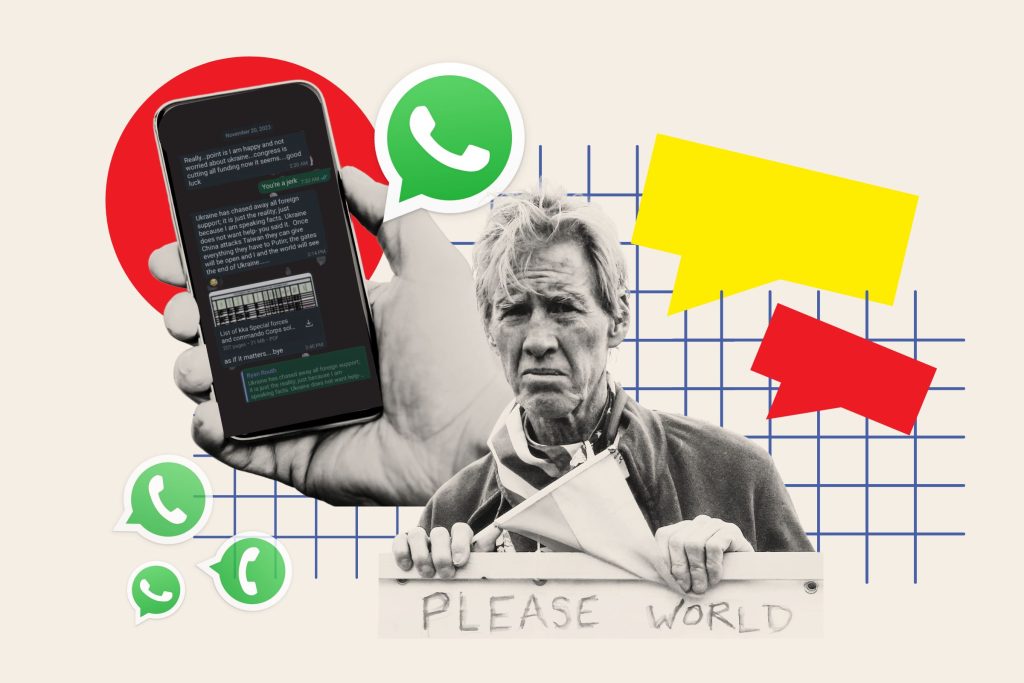Ryan Wesley Routh was recently charged with gun offenses after a failed assassination attempt on former President Donald Trump. Routh allegedly sent hostile and manipulative messages to the International Legion Defense of Ukraine, claiming to be a recruiter for the organization. However, a former volunteer for the organization dismissed Routh’s claims as delusional and branded him a liar. Routh insisted on sending potential recruits to the organization, including a list of 6,000 Afghani citizens, despite being told not to. The former volunteer, Evelyn Aschenbrenner, described Routh as accusatory and emotionally manipulative in their interactions.
Aschenbrenner shared some of the messages exchanged with Routh on the messaging apps Signal and WhatsApp, which showcased Routh’s persistent attempts to recruit individuals for Ukraine. Routh even sent Aschenbrenner a 207-page document with names of Afghan soldiers, prompting concerns about security risks and the legitimacy of the recruits. Routh’s behavior grew increasingly aggressive and accusatory when Aschenbrenner refused to comply with his demands, leading to personal information being shared online and accusations of not supporting Ukraine’s cause.
Routh’s erratic behavior and disconnect from reality were evident in his interactions with Aschenbrenner, according to the former volunteer. The motives behind Routh’s alleged assassination attempt on Trump remain unclear, but Aschenbrenner speculated that he might have believed it would somehow benefit Ukraine’s cause. Despite Routh’s professed support for Ukraine and his involvement with humanitarian aid organizations in the country, Aschenbrenner emphasized that his actions were detrimental to Ukraine’s interests.
Routh had previously expressed strong support for Ukraine on social media platforms before his account was suspended. His posts indicated a shift in political stance, including criticism of Trump and a willingness to volunteer and fight for Ukraine. Routh’s involvement with the International Volunteer Center in Ukraine and his claims of being a recruiter for the International Legion Defense of Ukraine raise questions about his true motives and intentions. His attempts to recruit individuals and his behavior towards volunteers suggest a disconnected and potentially dangerous individual.
The details of Routh’s interactions with the International Legion Defense of Ukraine and his attempts to recruit individuals highlight the complexities and potential dangers in volunteer recruitment efforts during times of conflict. Routh’s delusional beliefs and aggressive behavior towards volunteers raise concerns about the sincerity of his support for Ukraine and the true nature of his involvement with humanitarian aid organizations. The investigation into his alleged assassination attempt on Trump and his activities in Ukraine is ongoing, shedding light on the intricate web of motivations and actions in conflict zones.












